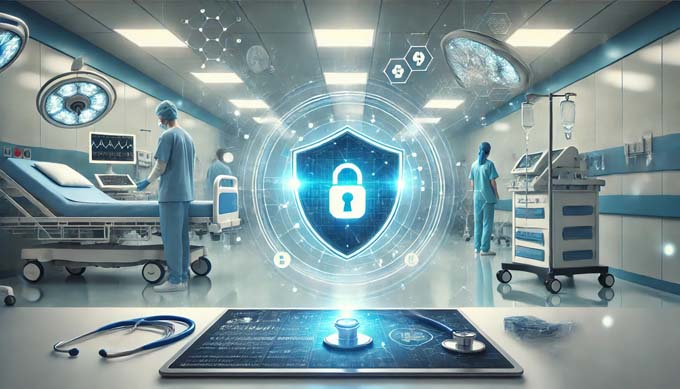Six safety tips for the vacation season
On summer vacation, you should not only protect yourself from sunburn, but also from cyber risks. Specialists provide six safety tips for vacationers.

The summer travel season is in full swing and many are looking forward to their well-deserved vacation. But while millions are happily planning and embarking on their trip, cybercriminals are forging their tactics for attacking or exploiting unsuspecting travelers. The prospects for loot are tempting, as potential victims are far less likely to be on secured networks while on vacation, for example, making them easier to attack. This makes it all the more important to observe a few basic security aspects in order to protect sensitive data and information as best as possible. Even simple actions such as using a public Wi-Fi in airports, hotels or tourist resorts can lead to devices being hacked. To protect travelers' identities, financial data, sensitive documents and passwords, specialists at IT security services provider Keeper Security advise the following:
#1 Do not show your location on social media.
Posting on social media is the favorite activity of many travelers when they visit a special place. However, posting the exact location (including geotags) during a stay can be very dangerous, because once the location is public, you can be targeted by cybercriminals. Even if it seems unlikely to you as a tourist, criminals who are well acquainted with the area can find you more easily. If you still want to post from your vacation, wait until you've moved to a new location. Better yet, save posting until you are back home.
#2 Avoid public Wi-Fi.
Even though it's difficult to find a reliably secure WLAN when traveling, security should always come first. If possible, you should avoid making a risky connection to a public WLAN network. The reason: once a device is connected to a public WLAN, attackers can perform a so-called MITM (man-in-the-middle) attack, which allows them to access your browser or apps and retrieve stored data. As a general rule of thumb, public WLAN networks should always be avoided.
#3 Consider using a VPN.
With a Virtual Private Network (VPN), you'll be protected while traveling, no matter from where you log on to the Internet. With a VPN you'll not only be able to protect your online identity and access a secure connection wherever you are, but you'll also be able to avoid bandwidth throttling this way.
#4 Upload important documents for backup.
Traveling to new and unfamiliar destinations can be quite chaotic. This increases the risk of important documents - such as passports, visas, medical documents, etc. - being stolen or misplaced. By uploading copies of these important documents to a secure password manager, you'll always have access to this digital backup in case documents are lost or stolen.
#5 Never take credentials in plain text with you when traveling.
When traveling, you always need access data for digital services, for example for online banking, travel agencies, health insurance or communication services. It is rare to know all the access data and passwords by heart, which is why they are written down somewhere on digital or manual notes. Under no circumstances should access data be carried on cell phones, tablets or even handwritten, which can be read and used by anyone who gets hold of the device or note. Store all access data in a secure password manager - ideally one that allows selected access data to be shared, for example within the family.
#6 Share emergency information with a trusted source.
Take security a step further and share important information with trusted people, such as family members or friends, to ensure they have access in case of an emergency. Use an encrypted service like One Time Share to securely share insurance information or identification documents with a trusted person for a limited time. This way, in the event of a medical or other emergency, your trusted person can provide assistance without having to reveal sensitive information via email, text message, or messaging.
IT security also important during the vacation season
Don't let hackers spoil your vacation. If you follow these six tips on your trip, you can be highly confident that you won't have to worry about cybercriminal activity.
Source: Keeper Security









